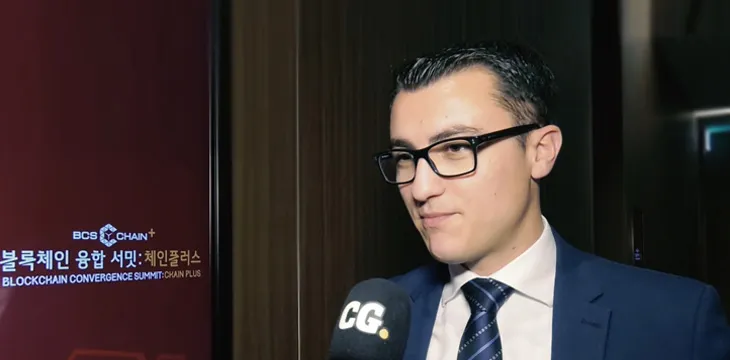|
Getting your Trinity Audio player ready...
|
2018 has been a busy year for Malta, with the Mediterranean nation introducing the world’s first regulatory framework for blockchain. Silvio Schembri, junior minister for financial services, digital economy and innovation in the Office of the Prime Minister of Malta, discussed with CoinGeek the nation’s significant breakthroughs that earned them the title, “Blockchain Island.”
The initial process, according to Schembri, actually began in February 2018, with a series of meetings with operators, regulators and all the stakeholders in the industry. Seven months later, the Maltese government rolled out three pieces of legislation—the Virtual Financial Assets Act, the Technology Arrangements and Services Act, and the Digital Innovation Authority Act—with three key pillars: market integrity, consumer protection and market stability.
“What we have done in order to regulate or provide the regulatory environment for the unregulated industry as you said, but the trick was in doing so without stifling innovation, so we wanted to find the balance between regulation, but not suffocating the industry,” Schembri explained. “We have taken the high level principles of EU legislation and implement it to our law. Instead of going to a rules-based approach, we went to a principles-based approach.”
And the rest, as they say, is blockchain history.
“In a matter of just seven months, we came up with three pieces of legislation that basically gave us the title of the ‘Blockchain Island.’ We provided a regulatory framework for holistic environment, so to speak, for all blockchain operators, not just crypto, but other operations also operating on blockchain,” Schembri noted.
In early April, the Malta Financial Services Authority (MFSA) has approved the first batch of cryptocurrency companies under the VFA regime. The 14 firms have applied for the status of Virtual Financial Asset agents, which are required as joint signatories to token sales.
This batch is the first from the estimated 1,000 interested parties, ranging from exchanges to ICOs, wallet providers, brokers and a variety of operations, which have expressed interest in securing a Maltese license, according to Schembri. He noted:
“I’m not saying that all the 1,000 will be licensed because this is a rigorous procedure because if you acquire a Maltese license we have to keep in mind that Malta is part of the European Union and our license weighs a lot. It is not just a title, it is a privilege to have a Maltese license. But once you get that license, it is peace of mind that the operator is a serious operator, and that gives a lot of value.”

 07-13-2025
07-13-2025 





